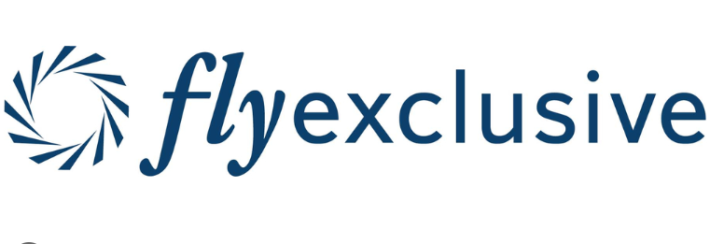Rivian Secures $6.6 Billion DOE Loan Commitment to Drive Expansion in U.S. Manufacturing

Rivian Automotive (RIVN) announced a significant boost to its expansion efforts with a “conditional commitment” for a $6.6 billion loan from the U.S. Department of Energy (DOE). This loan, part of the DOE’s Advanced Technology Vehicle Manufacturing (ATVM) program, is intended to support Rivian’s stalled plans for a large-scale electric vehicle (EV) assembly plant near Atlanta, Georgia. This facility is expected to be crucial for Rivian’s strategy to increase production capacity and establish itself as a leading U.S. EV manufacturer.
Rivian’s plans to construct the Georgia assembly plant had been delayed earlier this year due to financial constraints. At the time, the company shifted its focus to its existing plant in Normal, Illinois, estimating that this move could save over $2 billion. However, with the new loan commitment, Rivian is set to resume its plans for the Georgia facility, where it will manufacture its upcoming R2 and R3 models, which are aimed at more affordable price points to appeal to a broader market.
Rivian’s CEO, RJ Scaringe, emphasized the importance of this loan in the company’s plans for scaling its production and enhancing the affordability of its EVs. “A robust ecosystem of U.S. companies developing and manufacturing EVs is critical for the U.S. to maintain its long-term leadership in transportation,” Scaringe stated. The planned Georgia plant will be built in two phases, each providing 200,000 units of annual production capacity, with the first phase expected to begin production in 2028. Rivian estimates the total plant capacity could reach 400,000 units annually, potentially allowing the company to increase exports of U.S.-made EVs.
The DOE loan follows another significant financial milestone for Rivian: a strengthened partnership with Volkswagen (VW), in which the German automaker pledged an additional $800 million investment, bringing its total commitment to $5.8 billion. This joint venture, initially focused on North America, aims to expand to Europe and is focused on developing electric vehicles in the high-demand subcompact segment. Rivian expects the Volkswagen partnership to bolster its market position and open doors to international markets.
In terms of liquidity, Rivian reported $7.85 billion in cash and equivalents at the end of Q3. The company remains optimistic about reaching a modest gross profit in the fourth quarter of this year. However, Rivian and other EV makers may face a challenge from the incoming Trump administration, which has suggested it may repeal the federal EV tax credit. Such a move could impact consumer demand, especially for pure-play EV manufacturers like Rivian, Lucid, and Tesla, who have relied on the tax credit as an incentive for customers.
This DOE loan and Volkswagen partnership represent two major steps forward for Rivian as it seeks to strengthen its financial footing and expand production. With significant capital resources and industry partnerships, Rivian appears well-positioned to navigate the challenges of scaling EV production in a shifting regulatory landscape. Investors remain watchful, however, as Rivian’s future profitability may be influenced by both market demand and evolving U.S. policies on EV incentives.



